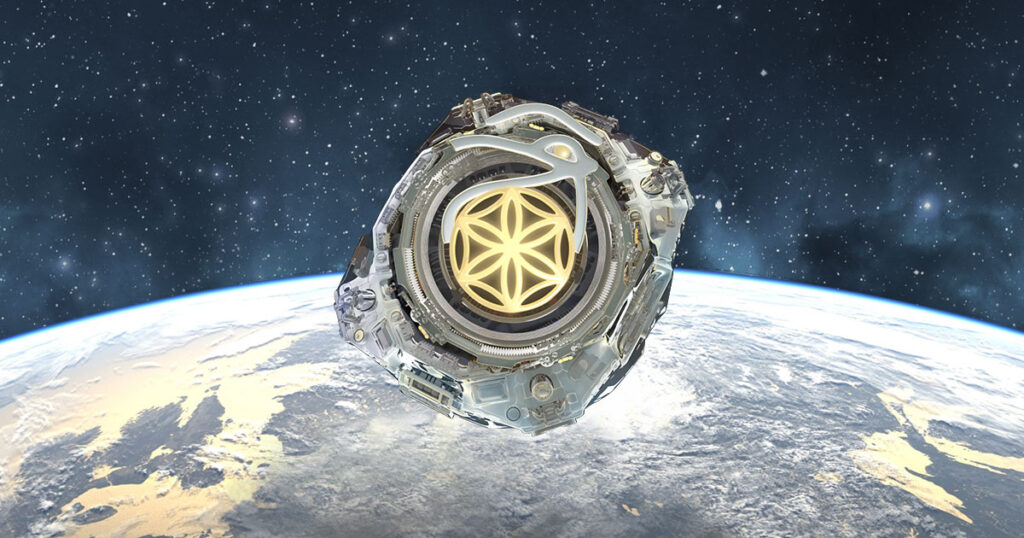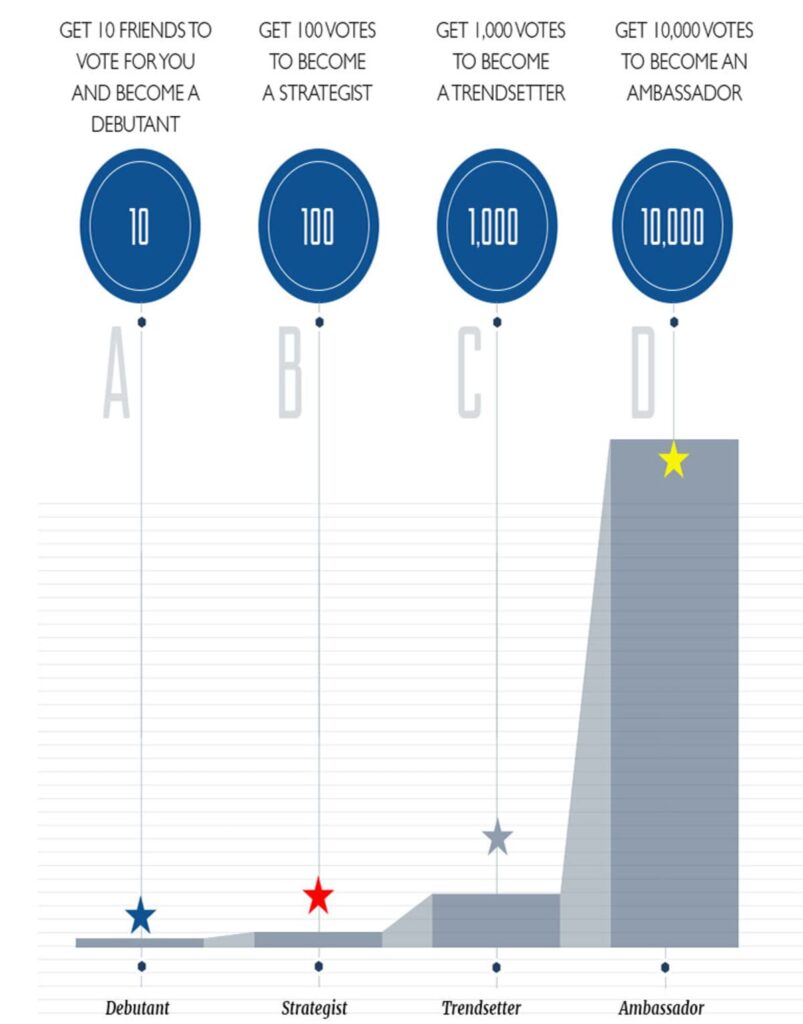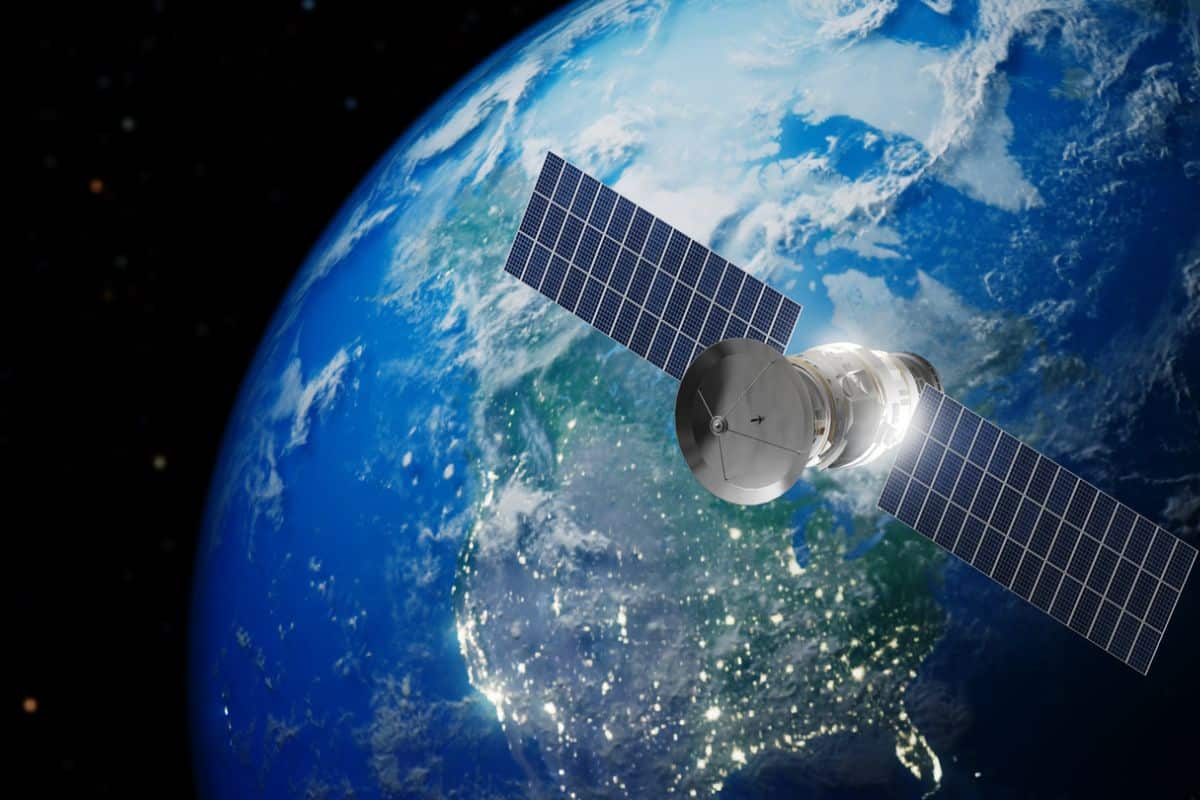The world’s first “space nation” is gearing up for liftoff. Asgardia, a bold experiment to create an independent nation beyond Earth, plans to launch its first satellite this year—marking a small but symbolic step toward life in orbit.
Over 200,000 citizens ready for takeoff
Asgardia began as a non-profit organization founded by Russian scientist Igor Ashurbeyli, who dreams of establishing an independent state in space. His vision of a “space nation” has already inspired more than 200,000 people to sign up as future citizens—eager to be part of something that could redefine what a nation means.

© Asgardia
While recruitment continues through promotional videos and online campaigns, Asgardia’s community is also working on its constitution and government structure.
Starting small with a satellite
Before humans head to orbit, Asgardia plans to begin modestly—with the launch of its first CubeSat, Asgardia-1. The tiny satellite, built by Indiana-based company NearSpace Launch, can store 512 GB of private data. “The first presence of the Asgardian nation, we can now say, will be in space this year,” said Jeffrey Manber, CEO of satellite firm NanoRacks.
Though still waiting for United Nations recognition, the Asgardians have drafted a constitution and Declaration of Unity, available in English and several other languages. Their goal: to lay the political and ethical groundwork for an entirely new kind of society—one that orbits above national borders.
Legal and financial challenges ahead
Of course, creating a nation in space isn’t cheap—or simple. Launching even a small satellite involves a tangle of international laws and major expenses. How Asgardia plans to fund an entire space nation remains unclear, though part of the financing will likely come from Ashurbeyli’s Aerospace International Research group.
Without precedent, the project faces enormous challenges: building a space station large enough to house citizens, creating systems of governance, and ensuring long-term sustainability. “We’ll start small,” said founding member Ram Jakhu, “and eventually people will be going there, working, and living by their own rules. This facility will become an independent nation.”
Life in orbit won’t be easy
Even if Asgardia reaches space, survival there is another matter. Living in orbit presents harsh realities—limited food, tight energy supplies, and extreme isolation. Even seasoned astronauts spend only short periods aboard the International Space Station before returning to Earth for recovery.
Psychological strain will also be a major concern, demanding strict monitoring and strong, stable leadership. Fortunately, Asgardia has already established a democratic election process to ensure fair representation among its citizens.

© Asgardia
A dream that refuses to die
Skeptics abound, questioning whether Asgardia can survive without stable funding or international recognition. But Jakhu remains undeterred. “Anyone who tries something out-of-the-box is mocked at first,” he said. “Everything extraordinary starts with a crazy idea. In time, science fiction becomes science fact—and this is just the beginning.”
For now, Asgardia’s first steps may be small—a satellite, a constitution, a dream—but its ambition remains enormous: to prove that humanity’s future might truly lie among the stars.


